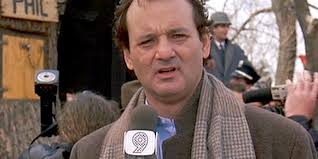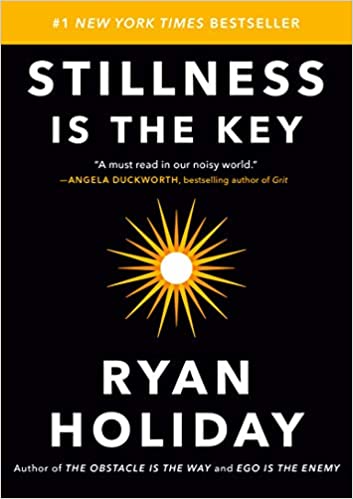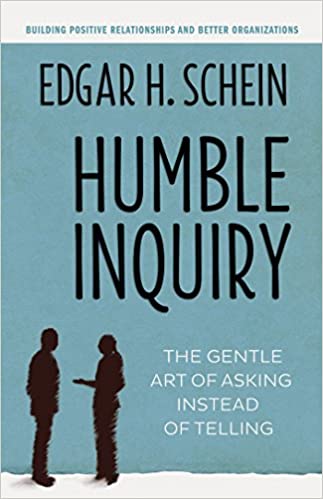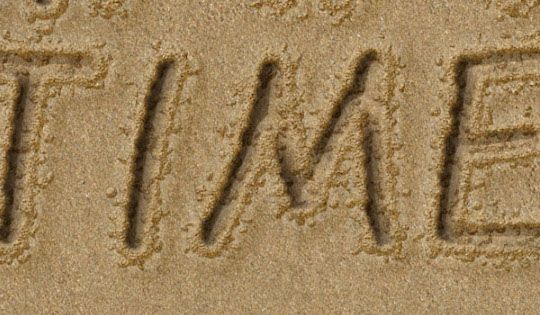“Re-examine all that you have been told. Dismiss that which insults your soul.”
—Walt Whitman, 19th Century American poet, essayist and journalist
In our journey toward greater mindfulness and self-awareness it can be helpful to stop and re-examine our own perspectives and views of the world around us.
Where and when did you first become aware of specific beliefs?
What factors had you embrace them as your own?
To what degree do you remain open to examining your thinking and not simply accepting what you’ve been told to believe and how to act?
Just because we have done something a particular way for many years does not necessarily mean it is the way to go when you have new information to consider.
EXERCISE:
What are some of your current beliefs that no longer serve you? How might revisiting your thinking through a more soulful lens help you live a more fulfilling and meaningful life?










